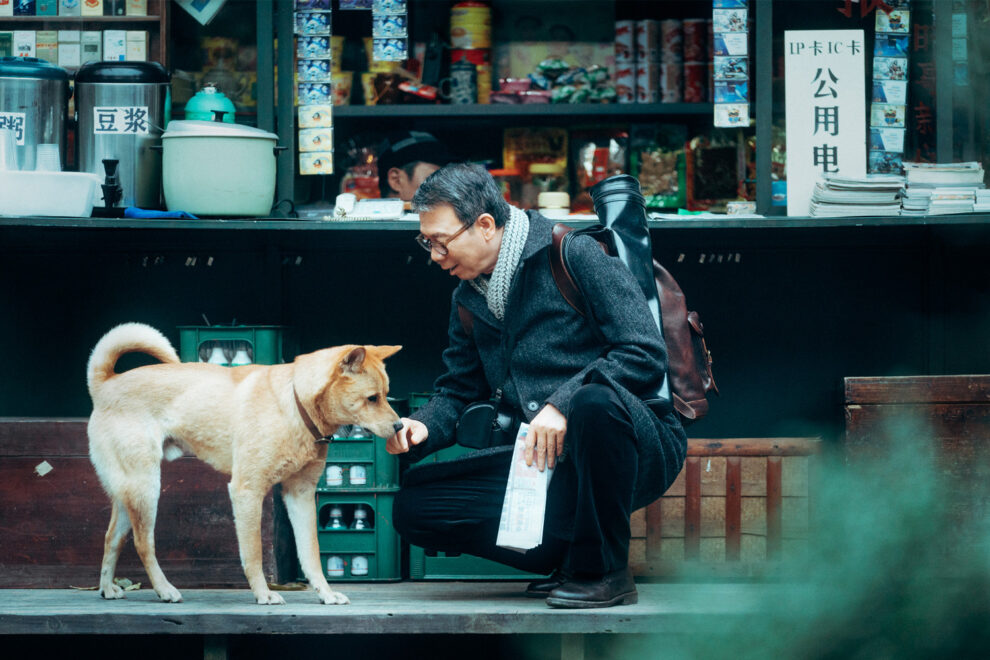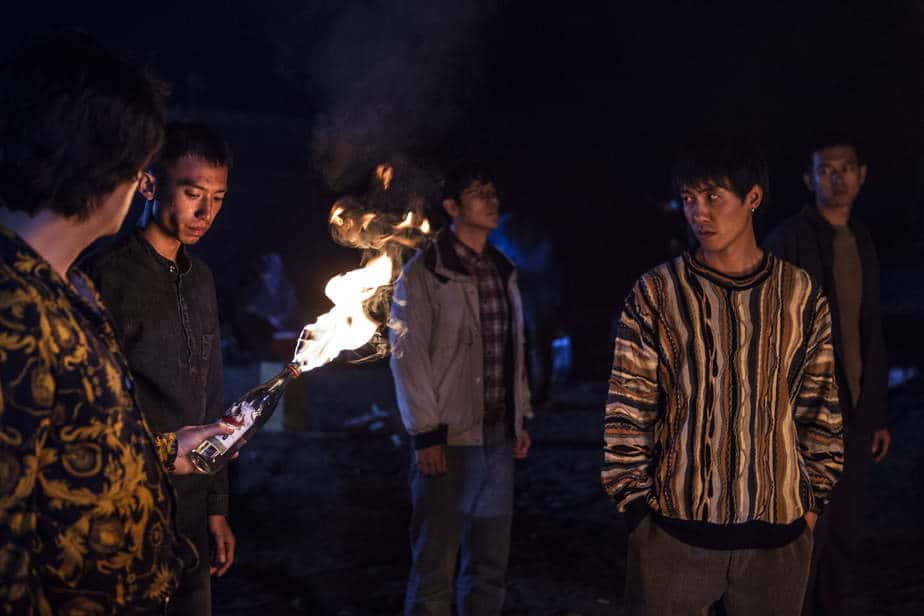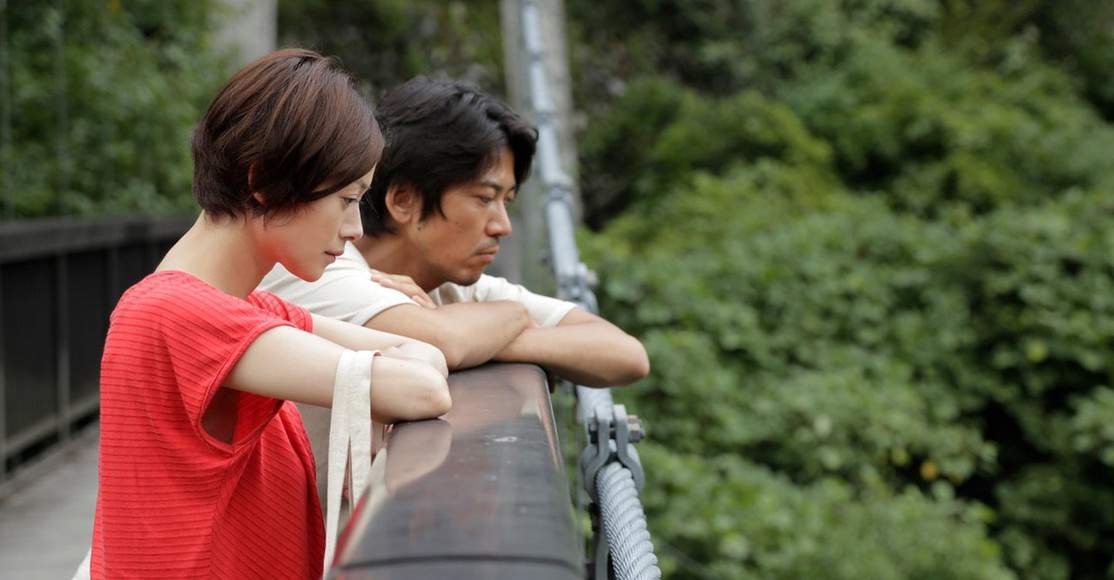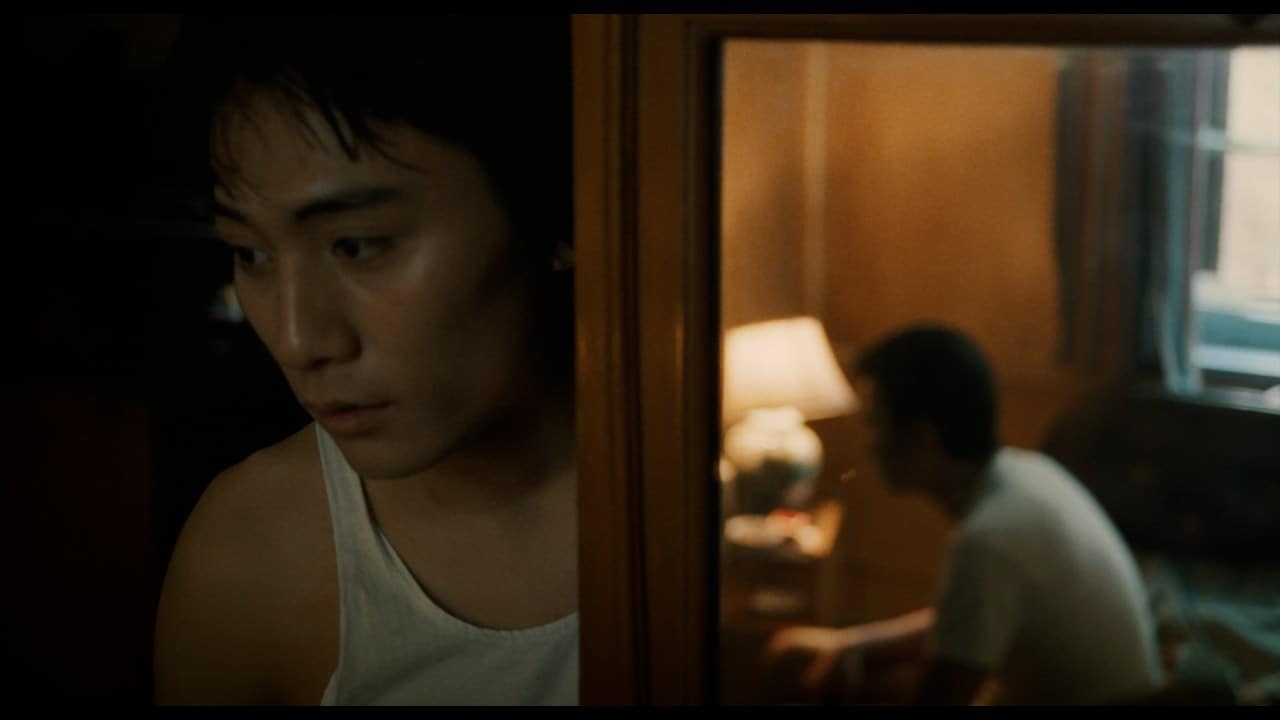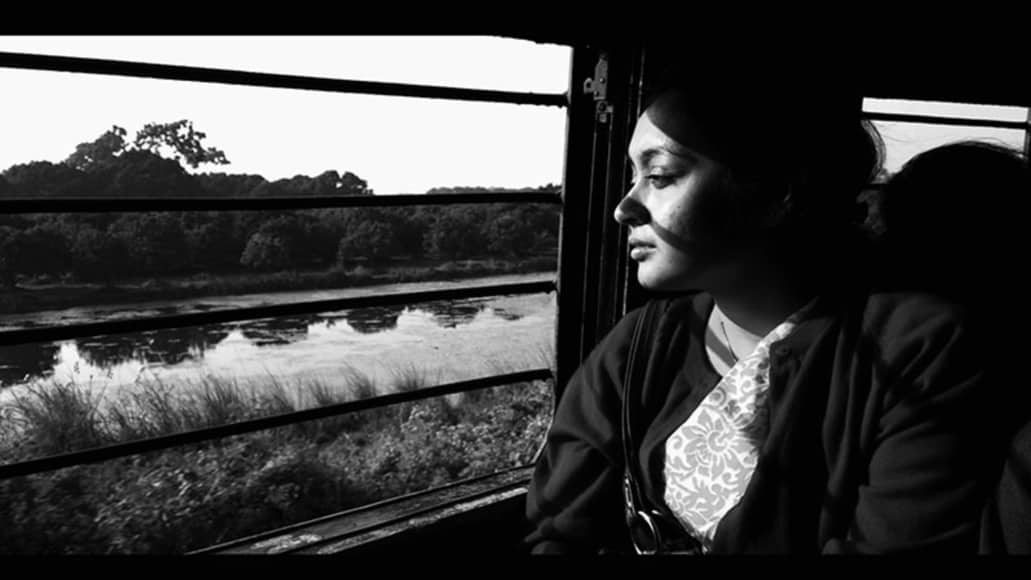Hachiko (November 10, 1923 – March 8, 1935) is one of the most famous canines of the 20th century. He was given a generous entrance in Wikipedia and a number of articles and books dedicated to his loyalty to his best friend Hidesaburo Ueno, a professor at the Tokyo Imperial University. The first movie about “the most loyal dog in the history” was shot in Hachiko's homeland Japan in 1925 by Kiyoshi Masomoto, followed by three other films in the 1930s, but the most famous version came up in 1987 penned by Kaneto Shindo, and directed by Seijiro Koyama. Its success led to Lasse Hallström's Hollywood adaptation “Hachi: A Dog Tale” (2009) starring Richard Gere which on the one side garnered mixed reviews, but on the other a considerable sympathy by the audience. The tale of the white Akita dog who came to prominence by patiently waiting nine years for Hidesaburo at the train station at exact same time he would normally come back from work, not understanding that he passed away, has now also inspired the award winning director Xu Ang to adapt the story for the Chinese audience. Although the film stands as a tribute to its inspiration, the dog's name in the particular film is Batong, after one of Mahjong tiles.
“Hachiko” is screening at Udine Far East Film Festival

Xu Ang based his drama on Kaneto Shindo's “Hachiko Monogatari”, setting up the story in Chongquing during the period of the construction of the dam on the river Yangtze in the 1990s. The city is already growing, but it's not yet totally stripped off its traditional charm. There is lots of pacing through the steep streets, and the unpaved strip along the river bank. One can glaze through the open windows of family houses and witness the interaction between the tight-knit neighborhood. It is here that the associate university professor Chen (Feng Xiaogang) lives with his wife Li Jiazhen (Joan Chen) and two children in their early twenties. While the daughter (Eponine Huang) is helping the mother to operate a small shop in front of the family house, the son (Ju-Gang Bai) is getting ready to move to Shanghai where he is expected to help a group of friends to start an IT business. He is keeping his plan a secret, believing his father wouldn't approve of it.
Joan Chen (introduced to the western audience as Jocelyn Packard in David Lynch's “Twin Peaks” TV series) shines as a woman of strong character who keeps the business running while taking care of her store and entertaining the neighborhood friends with games of mahjong. At first petrified of the puppy (she was bitten by a dog as a child), she gradually gives up accepting the new family member without building the same bond to him as her husband. No less convincing as Professor Chen is Feng Xiaogang.
Batong is played by multiple canine actors of different age who went through a long training. It is a film for animal lovers, those who will nostalgically think of the “Lassie” franchise, and kids who left the screening room in Udine's Teatro Nuovo in tears. A puppy who was saved from a dog breeding farm in China specialized in doggy meat and fur, certainly has a different destiny than many canines around the world who at least don't have to fear of ending up in someone's spicy dog hot pot. Batong had to be saved from a couple of those, to be protected from fearful citizens in fear of being attacked, and from being chained in the garden of a small business owner. Albeit the relationship between the man and the dog is beautifully developed, there is a lot of repetition in the presentation of their life.
“Hachiko” could have be trimmed to a standard 90 minutes runtime without losing on essence. Stretching a bit over two hours, the films does challenge the viewer on a couple of occasions. Xu Ang's sophomore film had its world festival premiere in Udine.


